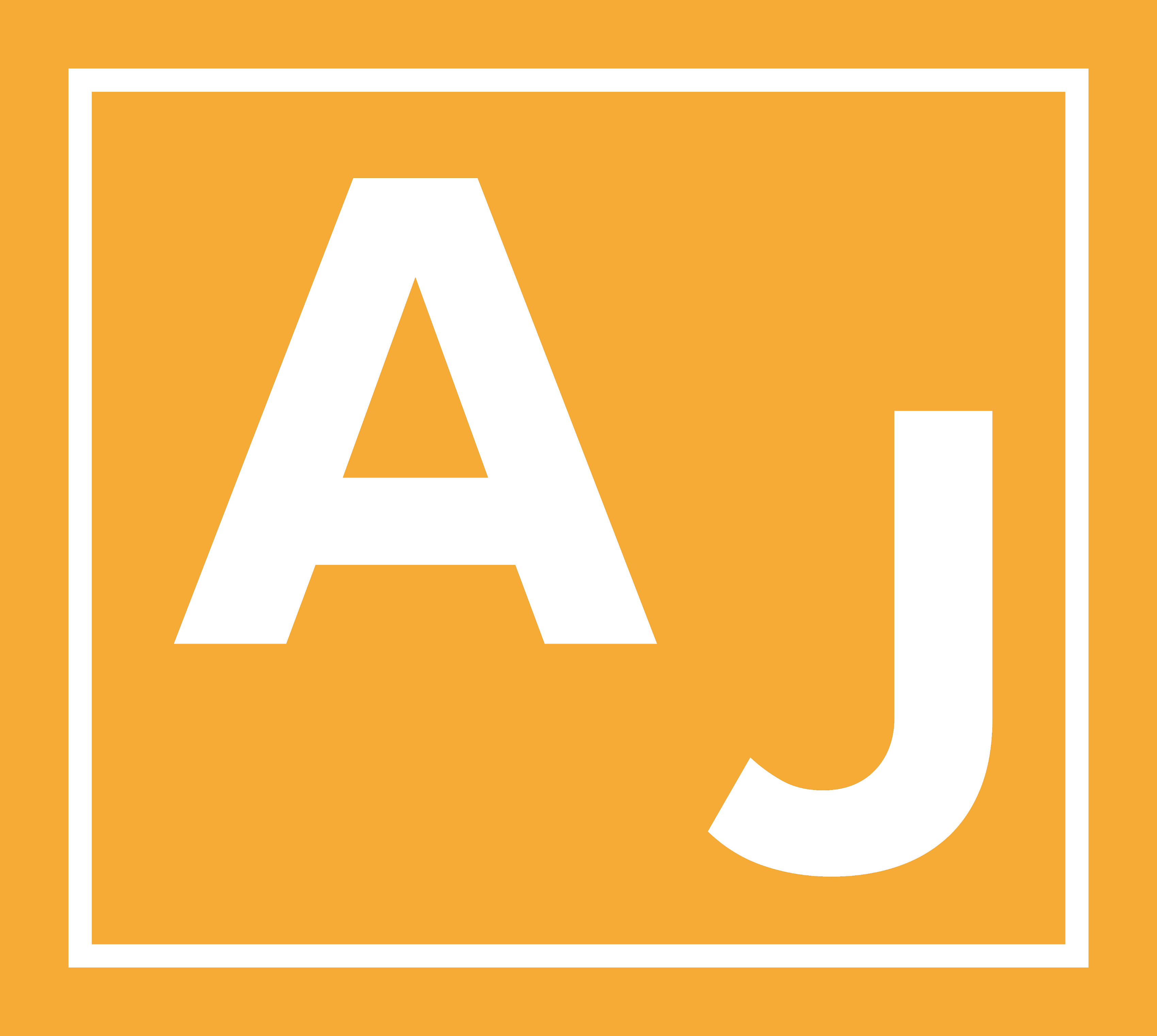Biography
Andreas Jungherr is Professor for Political Science, especially Digital Transformation at the Institute for Political Science at the University of Bamberg.
He examines the impact of digital media on politics and society, with a special focus on algorithms, artificial intelligence, and governance. He has e examined the uses of digital media and technology by publics, political actors, and organizations in international comparison. He also addresses challenges for scientific research in reaction to digital change in order to realize opportunities emerging from new data sources and analytical approaches. He has focused on harnessing the potential of digital methods and computational social science while addressing methodological challenges in its integration into the social sciences. Depending on the object under study, he also uses traditional quantitative and qualitative empirical approaches.
Currently, Jungherr is writing a book for Cambridge University Press on the different ways how the social sciences can inform computer science in the design, deployment, and governance of artificial intelligence.
He is lead investigator of “Communicative Power in Hybrid Media Systems“, a project financed by the VolkswagenStiftung (2017-2025). The interdisciplinary project, featuring computer and information scientists, focuses on the interconnection between political coverage in legacy, online media, and political talk on online platforms in Germany, UK, USA, and South Korea.
Previously Jungherr was Professor for Communication Science with Special Focus on the Digital Transformation and Publics at the Friedrich-Schiller-University Jena (2020-2021), Juniorprofessor (Assistant Professor) for Social Science Data Collection and Analysis at the University of Konstanz (2016-2020), Visiting Professor at the University of Zurich (2018-9), Post-Doc at the Chair for Political Psychology at the University of Mannheim (2014-6), and a Research Associate at the Chair for Political Sociology at the University of Bamberg (2009-14) where he also defended his PhD in 2014.
In the book Digital Transformations of the Public Arena (2022, Cambridge University Press), Jungherr and his co-author Ralph Schroeder discuss the structural transformation of the algorithmically shaped contemporary public arena and associated political and social challenges.
Jungherr’s previous book with Cambridge University Press is Retooling Politics: How Digital Media are Shaping Democracy (with Gonzalo Rivero and Daniel Gayo-Avello). He is also author of the books Analyzing Political Communication with Digital Trace Data: The Role of Twitter Messages in Social Science Research (Springer: 2015) and Das Internet in Wahlkämpfen: Konzepte, Wirkungen und Kampagnenfunktionen (with Harald Schoen, Springer VS: 2013).
Jungherr’s articles have appeared in Journal of Communication, Journal of Computer-Mediated Communication, Political Communication, Political Behavior, Social Science Computer Review, The International Journal of Press/Politics, Review of International Political Economy, Party Politics, Policy & Internet, Journal of Information Technology & Politics, Politische Vierteljahresschrift, Zeitschrift für Parlamentsfragen, and Internationale Politik.
Jungherr and his work are regularly featured in international media coverage. He has offered assessments on digital media, data-driven campaigning, political communication in general, and the social and political potential of big data and computational social science.
His work has been covered by The Atlantic, The Guardian, Neue Zürcher Zeitung (NZZ), Newsweek, Reuters, The Washington Post, Westdeutscher Rundfunk (WDR), and others. He has written guest pieces for Spiegel Online and Der Tagesspiegel and given interviews for 3sat, Cicero, Deutsche Presse-Agentur (dpa), Deutschlandfunk, Deutschlandradio Wissen, Südwestrundfunk (SWR), and Westdeutscher Rundfunk (WDR). Jungherr has been quoted in pieces by Bayerischer Rundfunk (BR), Bild, CNN, Deutsche Welle, Deutschlandfunk, Financial Times Deutschland, Frankfurter Allgemeine Zeitung, Handelsblatt, New Scientist, The New York Times, Norddeutscher Rundfunk (NDR), Politico, Politik & Kommunikation, Der SPIEGEL, Der Tagesspiegel, Die Welt, Westdeutscher Rundfunk (WDR), and others.
Jungherr is a regular speaker at international conferences, be it in the social sciences or computer science. He has presented papers at the APSA Annual Meeting, CHI, CIKM, ECPR General Conference, ECPR Joint Sessions, EPSA Annual Meeting, HICSS, ICA Annual Conference, ICWSM, MPSA Annual Conference, the Oxford Internet Institute, the University of Illinois at Chicago, and Wellesley College. He is also a regular speaker at conferences addressing a general audience, such as re:publica, reCampaign, or the Personal Democracy Forum Europe.
With Pascal Jürgens, Jungherr published a software package and a tutorial on how to collect, prepare, and analyze Twitter-data.

